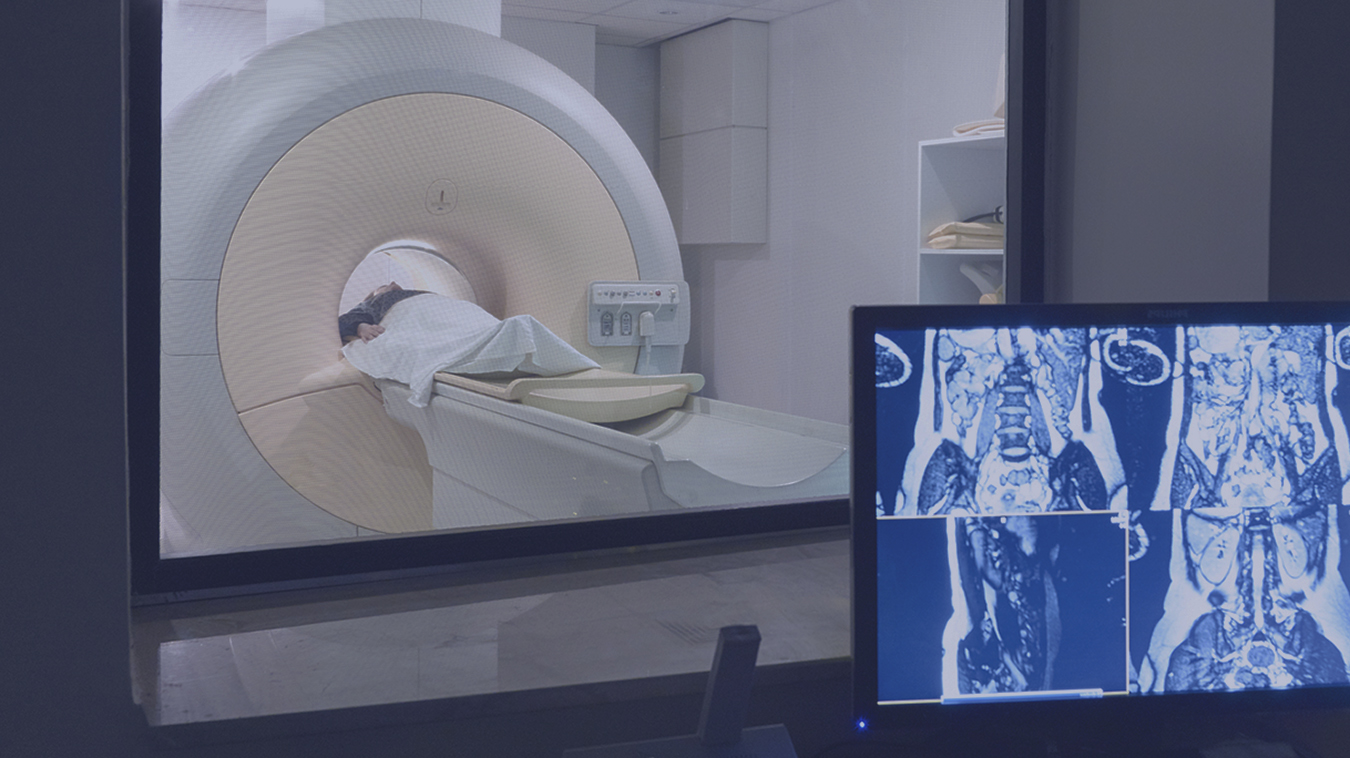
Home WHY IS COLORECTAL CANCER THE SECOND MOST COMMON CANCER DIAGNOSIS?
Behind lung cancer for men and breast cancer for women, cancer of the colon and rectum (colorectal) is the second most common cancer diagnosis, according to the Canadian Cancer Society. It’s estimated that 1 in 29 men, and 1 in 34 women, will die from colorectal cancer in their lifetime.
While colorectal cancer is expected to account for 13% of all cancer diagnoses, the good news is there has been a decline in cancer rates since the mid-80s in adults aged 50 and over. At the same time cancer rates for adults under 50 have been increasing since the mid-90s, although the death rate has not risen.
Part of the large intestine, the colon absorbs water and nutrients and passes waste to the rectum. Cancers of these organs are grouped together because there isn’t a clear border between them and they are made up of the same type of tissue.
When cells in the colon or rectum change and no longer grow or behave normally, this can lead to benign tumours or precancerous conditions – cells are not yet cancer, but there is a higher chance they will become cancer. Eventually, these cells can become cancerous. The most frequent type of colorectal cancer begins in the gland cells that line the wall of the colon or rectum and help move stool through the colon and rectum.
Despite a declining incidence rate in people over the age of 50, the risk of colorectal cancer increases with age. Men are also more likely than women to develop it.
Other genetic risk factors for colorectal cancer include a family history of colon cancer, especially if more than one relative has had the disease, and two genetic syndromes: familial adenomatous polyposis and Lynch syndrome.
In terms of lifestyle, obesity and high-fat, low-fibre diets that are heavy in red and processed meat, are known risk factors for colorectal cancer and may account for its prevalence, especially in North America, northwestern Europe, and Australia where the number of cases is the highest. Other lifestyle risk factors include:
Please note, that a risk factor is something that increases the risk of developing cancer, but most cancers are the result of many risk factors. Cancer can also develop in people without risk factors.
The challenge with many cancers, including colorectal cancer, is that there may not be signs or symptoms in the early stages when the cancer is very small. Once a tumour grows larger, symptoms may appear, but other health conditions can cause symptoms similar to colorectal cancer. For a list of symptoms that may indicate colorectal cancer and should be investigated by your health care practitioner, please visit the Canadian Cancer Society website.
According to the Canadian Cancer Society, there is strong evidence that colorectal cancer screening is effective in detecting cancers earlier and decreasing mortality. The majority of colorectal cancers begin as benign growths, called adenomatous polyps, which over time can grow in size and number thereby increasing the risk that they become cancerous. Identification and removal of polyps can help prevent the development of colorectal cancer.
In Alberta, colorectal cancer screening guidelines recommend the following types of screening:
To determine what type, or if, screening is appropriate for you, you will need to discuss with your doctor your medical and family history, risk factors, and if there are symptoms, how long symptoms have been present and how they affect daily activities. Your doctor would then provide you with a requisition for a specific procedure, if recommended.
Mayfair Diagnostics offers community-based private CT services as a complement to the public health care system, but whether public or private these exams must be requested by a health care practitioner. If a private CT Virtual Colonoscopy is indicated as a best next course of action, a requisition will be provided and the appointment can be booked.
REFERENCES
Canadian Cancer Society (2019) “Canadian Cancer Statistics: A 2018 special report on cancer incidence by stage.” www.cancer.ca. Accessed February 12, 2019.
Canadian Cancer Society (2019) “What is colorectal cancer?” www.cancer.ca. Accessed February 12, 2019.
Colorectal Cancer Association of Canada (2019) “Just the Facts: What is Colorectal Cancer?” www.colorectalcancercanada.com. Accessed February 13, 2019.
Toward Optimized Practice Working Group for Colorectal Cancer Screening. (2013) “Colorectal cancer screening: clinical practice guideline.” Toward Optimized Practice, www.topalbertadoctors.org. Accessed February 12, 2019.
© 2022 Mayfair. All rights reserved.
| Cookie | Duration | Description |
|---|---|---|
| cookielawinfo-checkbox-analytics | 11 months | This cookie is set by GDPR Cookie Consent plugin. The cookie is used to store the user consent for the cookies in the category "Analytics". |
| cookielawinfo-checkbox-functional | 11 months | The cookie is set by GDPR cookie consent to record the user consent for the cookies in the category "Functional". |
| cookielawinfo-checkbox-necessary | 11 months | This cookie is set by GDPR Cookie Consent plugin. The cookies is used to store the user consent for the cookies in the category "Necessary". |
| cookielawinfo-checkbox-others | 11 months | This cookie is set by GDPR Cookie Consent plugin. The cookie is used to store the user consent for the cookies in the category "Other. |
| cookielawinfo-checkbox-performance | 11 months | This cookie is set by GDPR Cookie Consent plugin. The cookie is used to store the user consent for the cookies in the category "Performance". |
| viewed_cookie_policy | 11 months | The cookie is set by the GDPR Cookie Consent plugin and is used to store whether or not user has consented to the use of cookies. It does not store any personal data. |